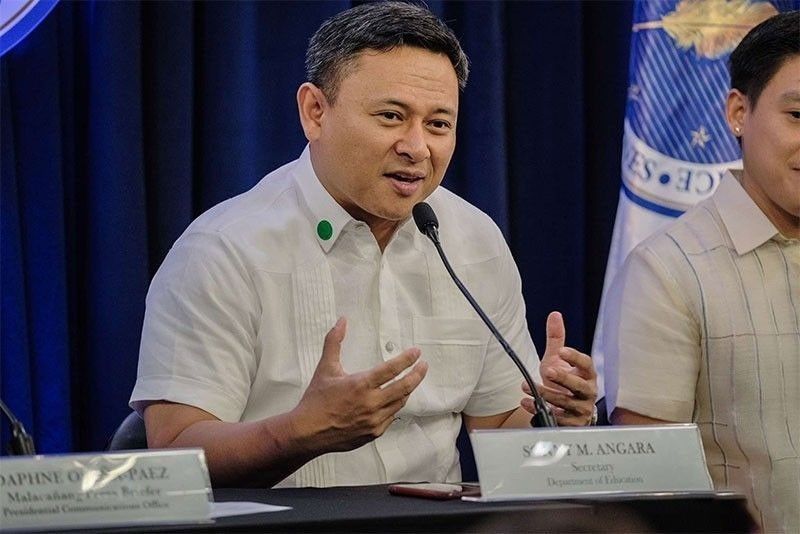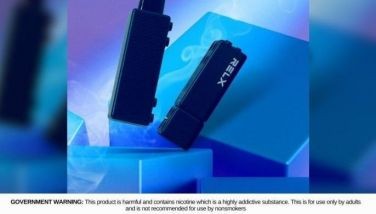DepEd, NEA sign school electrification program

MANILA, Philippines — No student will study in the dark again after the Department of Education (DepEd) and the National Electrification Administration (NEA) agreed to energize schools in remote areas using solar power.
Education Secretary Sonny Angara and NEA Administrator Antonio Almeda yesterday signed a memorandum of agreement on the school electrification program.
The signing was witnessed by Energy Secretary Raphael Lotilla.
“We are forging a partnership that holds the promise of a brighter future and opportunities for students in underserved communities,” Almeda said.
The program, he said, aims to ensure that “every child, regardless of how remote the location may be, can have access to the transformative power of education and electricity.”
Under the partnership, the NEA, through power cooperatives, will help install solar panels, monitor the system and conduct assessments to ensure the project’s completion.
DepEd will identify and prioritize schools that need electrification, secure permits and provide logistics and financial support for the project.
The agencies aim to start the rollout of the program within the first quarter of the year and complete it within the next two years.
Internet connection for remote schools
Aside from solar power, schools in remote villages and areas surrounding them were prioritized in the proposed Konektadong Pinoy Act after the Senate adopted an amendment being pushed by Sen. Francis Tolentino.
The measure aims to improve the country’s digital infrastructure and internet connectivity.
Tolentino’s proposed amendment was accepted during a Senate deliberation on the measure.
“To ensure connectivity and uninterrupted service, we must prioritize providing internet access to remote areas. Every single area and island in the country must have internet connection,” Tolentino said.
He said the country must have a good internet connection for students, especially in the Bangsamoro region where internet speed is slow.
“The purpose is to provide students with appropriate tools, enhance digital literacy and improve the quality of education,” he said.
- Latest
- Trending





























